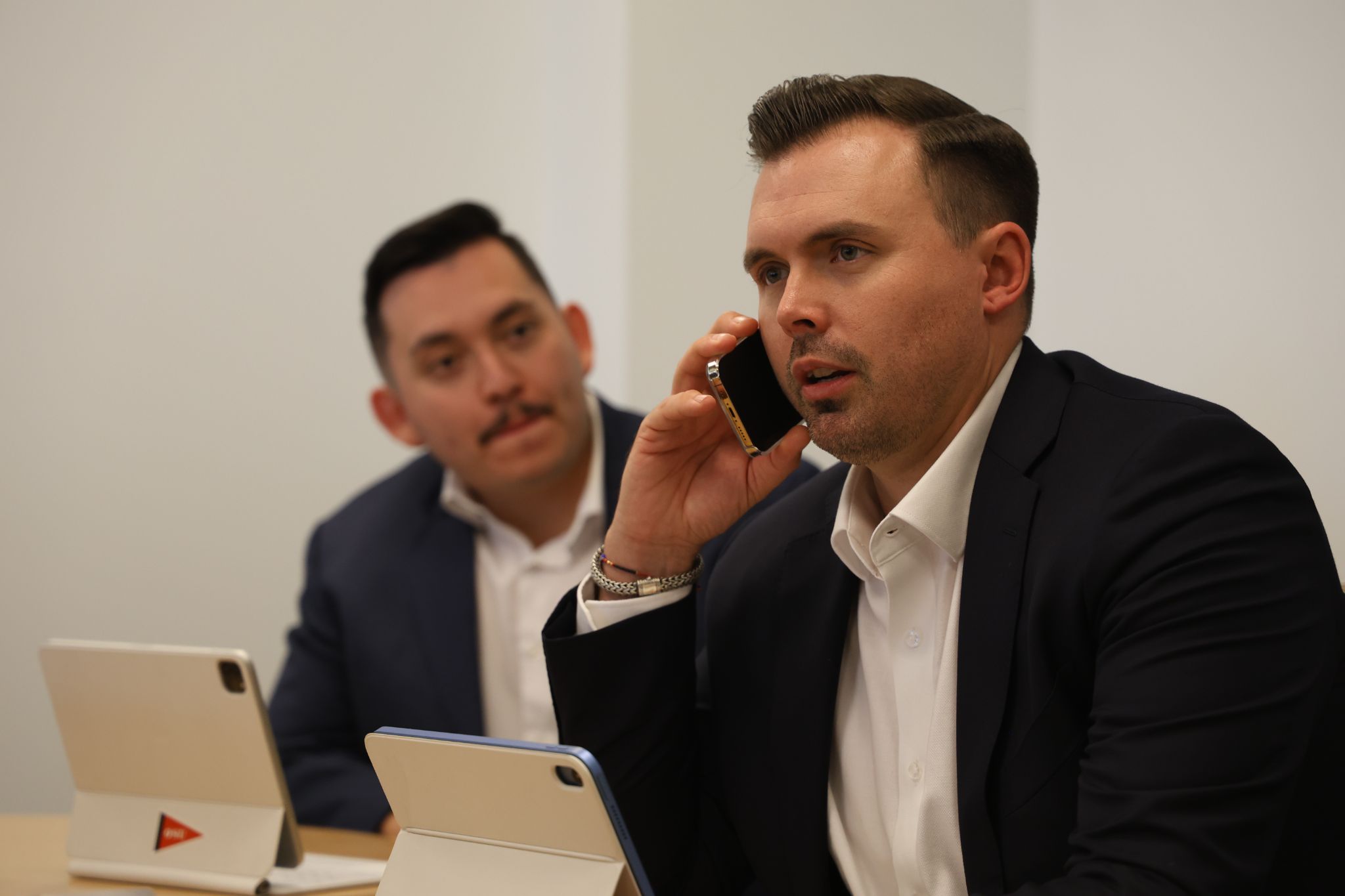Medical Device Consultation and Recommendation:
5 Best Strategies for Success
By John Weir
As technology continues to advance in today’s fast-evolving world, the medical device market stands at the forefront of innovation, with such devices and tools playing a critical role in improved patient care and treatment.
The demand for emerging medical technologies continues to grow presenting an exciting opportunity for growth and success in the medical device market—with recent statistics indicating that the global business is projected to reach an astounding $612.7 billion by 2025.
Spine Gear’s team of medical device veterans with a combined 40+ years of experience shares how we thrive in this industry with five essential practices and strategies.
1. Never Stop Learning
At Spine Gear, we believe becoming an expert in a product or niche medical specialization requires becoming a lifelong learner. For example, we undergo ongoing training as it enables us to increase our clinical acumen and navigate the challenges of a fast-paced industry.
While taking courses or earning a certification is a great way to get started and strengthen credibility with clients, we know firsthand how important it is to get in the habit of keeping up with trends in specific industries that could affect clients or products as it enables us to develop and maintain a solid game plan for success.
An easy way to do so is setting up Google Alerts to send tailored content straight to our inbox based on specific keywords. This helps us stay ahead of breaking news or industry opportunities before they hit the mainstream. We are also mindful to monitor not only our products but emerging patient-driven medical technology trends as well including wearable devices and Augmented Reality (AR).
2. Be a Consultant, Not Just a Rep
We are proud to position ourselves at Spine Gear as consultative leaders rather than sellers, bringing more value and improving relationships with clients. We lean into opportunities to be viewed as more than just another supplier and have a deep understanding about how a product is going to benefit clients and what it might cost them if they don’t.
As consultants, we take extra steps to further support physicians by diving into how they screen for their patient population or showing them a case study of something that was done in a different market that increased utilization and patient satisfaction and recovery. Asking the right questions, helping physicians reach patients with proven strategies, and showcasing our team as consultants demonstrates genuine value—keeping clients motivated to continually invest in our input.
3. Present Informative Content
When establishing a new relationship with a surgeon or physician, any meaningful information or statistics we present revolves around their key motivator: improving patient care and outcomes. In the medical device market, credibility is everything and marketing content that includes the latest figures and data that aligns with the goals of our surgeons and physicians is extremely impactful.
According to a 2016 study, 47% of buyers view 3-5 pieces of content before engaging with a sales rep. For example, fact sheets are helpful for potential clients at the start of the buying journey, while technical white papers and published studies provide value for more serious prospects. A logical content path helps potential clients build the business case for our products or services as they move down the funnel.
Skepticism from our clients is usually based on three things: lack of information, past experience and resistance to change. Our goal when handling skepticism is to actively listen and empathize with the surgeon’s true concerns.
4. Get Personal and Personable
We understand that all the best medical device sales strategies focus on relationship-building specifically building trust. For example, our Spine Gear team always provides accurate information about the products they sell, commits to their promises, and communicates with leads on a regular basis.
Another strategic way we build trust and grow relationships with physicians and surgeons is to personalize outreach efforts and craft better experiences for each potential client—leading to more fruitful dialogue and connections. Physicians are excited to hear from us because they want to know how our products and services solve their particular pain points in their efforts to achieve better patient outcomes.
Ultimately, our success at Spine Gear reflects our collaboration with our surgeons through setting realistic expectations and quickly responding to feedback.
5. Build a Positive Sales Culture
Our team members have plenty of opportunities and avenues for personal and professional growth including skill development and career advancement. By focusing on continuous development, our team continues to improve their sales and marketing effectiveness, helping them succeed at higher rates compared to our competitors.
Celebrating wins is a great way to acknowledge the performance of our team and helps them to stay focused and motivated to continue to meet (if not even exceed) metrics and organizational sales goals. In short, people value being appreciated, so recognizing talented team members is one of our greatest sales motivators.
On the other hand, we also recognize that selling isn’t easy. When one of our team members is struggling to reach an outcome, a non punitive environment supports them and helps them to improve. Our reps grow in a positive sales culture as they feel safe to ask for the help they need to improve. Our positive culture celebrates success, encourages development and supports our team members, fostering an environment where we can all thrive.
These five fundamental strategies shared by our seasoned medical sales professionals enable us to successfully engage with new and established clients with valuable insights, knowledge and confidence.
